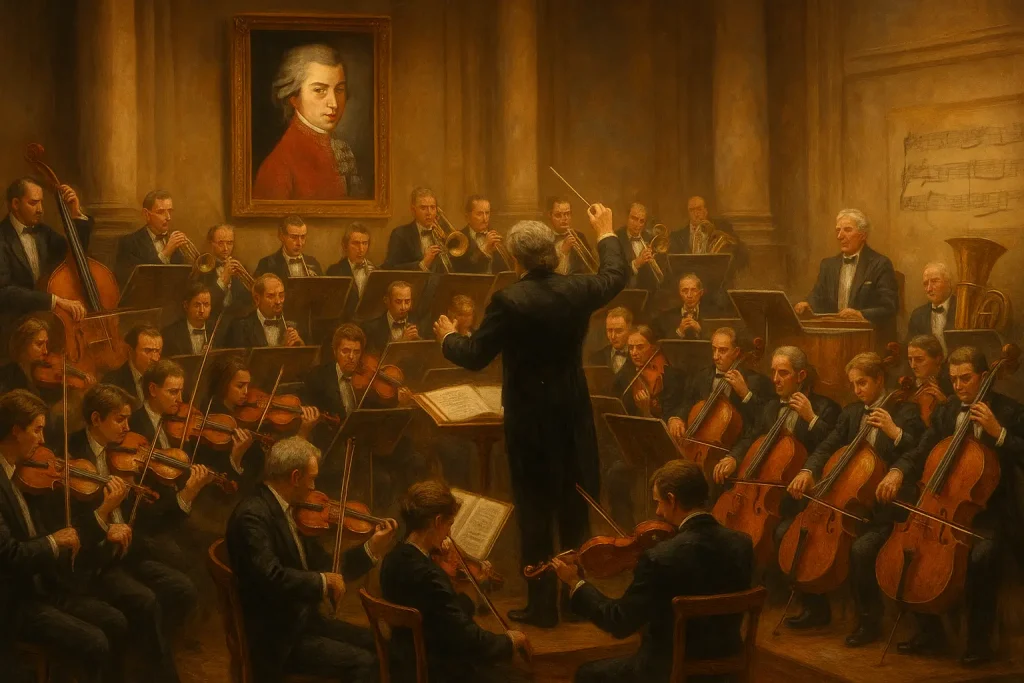Exploring the Timeless Influence of Classical Music Across Eras
Classical music, with its grandeur, intricacy, and emotional depth, has stood the test of time as one of the most influential and enduring forms of musical expression. Rooted in centuries of cultural evolution, it encompasses an extraordinary range of styles — from the refined elegance of the Baroque era to the passionate intensity of Romanticism. More than just orchestral arrangements and concert halls, classical music represents a legacy of intellectual and artistic achievement that continues to inspire musicians and listeners around the globe.
The Origins of a Timeless Tradition
The story of classical music begins in the Medieval period, where early chants and liturgical compositions laid the foundation for Western music theory. These early works, like Gregorian chants, set the stage for the notational systems and harmonic structures that would evolve over time. During the Renaissance, composers began exploring polyphony and more emotional nuance, bringing a new depth to sacred and secular music.
The Baroque Era: Complexity and Ornamentation
The Baroque period (1600–1750) brought innovation and grandeur. Composers like Johann Sebastian Bach, George Frideric Handel, and Antonio Vivaldi mastered intricate counterpoint and dramatic compositions. This era gave rise to the concerto, oratorio, and opera, and introduced innovations like basso continuo and functional tonality, which laid the harmonic foundations of modern Western music.
The Classical Period: Structure and Clarity
Spanning 1750 to 1820, the Classical period emphasized clarity, balance, and structure. Composers such as Wolfgang Amadeus Mozart, Joseph Haydn, and Ludwig van Beethoven brought precision and formality to music through sonatas, symphonies, and string quartets. These compositions reflected the ideals of the Enlightenment and introduced accessible, emotionally expressive melodies that remain timeless today.
The Romantic Era: Passion and Expression
In the 19th century, classical music became more emotive and individualistic. The Romantic era saw the rise of composers like Franz Schubert, Frédéric Chopin, Johannes Brahms, and Richard Wagner, who infused their music with themes of nature, nationalism, and personal struggle. Orchestras expanded in size, and composers pushed emotional boundaries through dynamic expression and dramatic storytelling.
Modern Influence and Continued Legacy
In the 20th and 21st centuries, classical music continued to evolve. Visionaries like Igor Stravinsky, Dmitri Shostakovich, and Philip Glass introduced new tonalities and experimental techniques. While newer genres like jazz, rock, and electronic music emerged, classical music’s legacy lived on — not only in concert halls and conservatories but in film scores, crossover performances, and global educational curriculums.
Today, classical compositions influence everything from cinematic soundtracks to modern-day mindfulness playlists. Studies even show that listening to classical music can enhance cognitive performance and emotional well-being.
A Legacy That Endures
Classical music’s enduring appeal lies in its timeless ability to reflect the human condition — from sorrow to joy, from order to chaos. It continues to offer a sense of grandeur, intellectual richness, and emotional connection unmatched by many other genres. Whether you’re new to the genre or a seasoned listener, the legacy of classical music remains a profound journey through art, history, and the soul of humanity.
